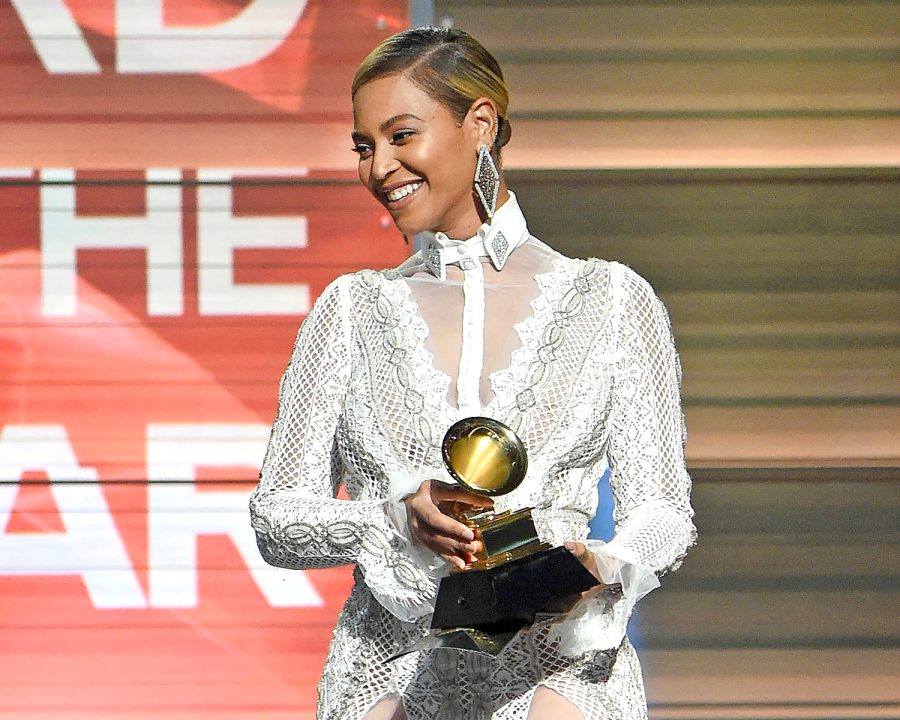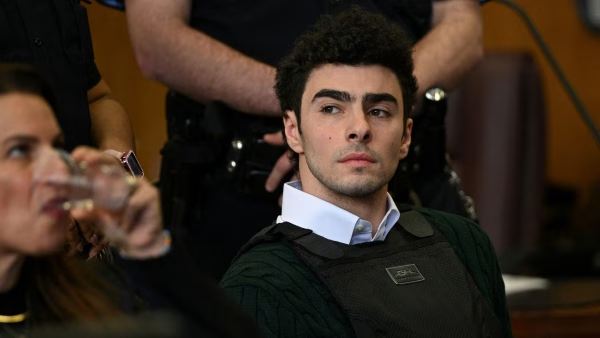Award shows have never been fair to POC
October 23, 2022
The Weeknd’s album “After Hours” was a commercial success. The record became the most pre-saved album on Apple Music at the time of its release, and peaked at number one on the Billboard 200, with lead single “Blinding Lights” being the most streamed song in 2020. Yet, Abel Tesfaye was outraged when his body of work did not receive any nominations at the 63rd Grammy Awards despite being met with critical acclaim. This sparked an ongoing conversation about the fairness of award shows and the voting committee in such organizations, especially with creators of color.
Tesfaye is not the first snubbed by the Grammys. In 2015, Beyoncé lost album of the year to Beck and then again in 2017 to Adele’s “25,” both white singers. The great criticism is that in each case, Beyoncé ultimately submitted one of her best body of works: her self-titled album, “Beyoncé” and follow-up “Lemonade,” respectively which were filled with such cultural reference that was undeniably the explicit ignorance of the Grammys’ board. But moreover, the award seems to separate Black artists into R&B categories, despite the fact that their work transcends this genre.
In 2013, Taylor Swift submitted her record-breaking album “Red” which conclusively lost to Daft Punk’s “Random Access Memories.” The fans of the singer always categorized that loss as “memorable” for Swift who after that year, transitioned completely to mainstream pop with her acclaimed album “1989”—which ended up winning Album of the Year in 2016. Now, almost 10 years later, Swift has a chance to reclaim the title with “Red (Taylor’s Version).”
After a dramatic battle against Scooter Braun who bought the album’s masters without her consent, she decided to re-record her six previous albums to gain entire creativity and commercial compensation from her career. At first, Swift claimed she wouldn’t submit any of the re-recordings for any awards, but recently, Pitchfork reported the 32-year-old icon submitted “Red (Taylor’s Version)” for the 2023 Grammys consideration.
This sparked a new chapter in the discussion for eligibility and fairness among musical artists. Her re-recordings are almost an exact copy from the original masters albeit with some “From the Vault” tracks included. Swift has already won three times in the Album of the Year category, even against iconic albums like Beyoncé’s “I am… Sasha Fierce” and Kendrick Lamar’s “To Pimp a Butterfly.” There is no doubt that Swift is talented; however, the greater discussion here is if a non-white artist would be able to do the same with a re-recording with ease.
The Grammys are not the only award institution under scrutiny, as minority representation has been an ongoing issue at the Oscars as well. Last year marked the first time that more than one woman was nominated in the Best Director category. Of the 10 nominees for best movie, only “King Richard” made it with a predominantly Black cast. “Drive My Car” was also nominated with a Japanese cast. The institution still favors predominantly white and male majority nominees. As of last year, only 33 percent were women and 21 percent came from underrepresented racial or ethnic communities. This is reflected in the nominations and winners every year where the Academy is still missing the mark.
For many years, award ceremonies have seen a decrease in audience and prestige, likely contributed by the lack of representation in the events as well as other factors. As society becomes more recognizably plural and minorities rise to take their place, these voting boards continue to insist on favoritism for old and white males, ultimately ignoring the cultural relevance of non-white groups in a global community. It is time for a reform of such institutions while the award shows still hold some status. If not, we will all say goodbye to them as their reputation fades obsolete.












